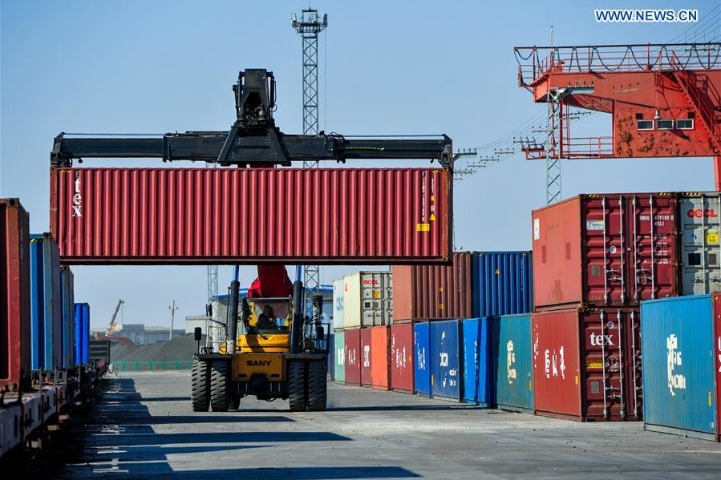The House of Representatives has urged the federal government to take pragmatic steps towards diversifying its revenue base by harnessing the potential in the maritime sector.
The House also urged the federal government to revive the abandoned Oseakwa Seaport in Ihiala Local Government Area of Anambra State and others across the country in order to reduce the pressure on existing seaports and checkmate over-dependency on petroleum as well as boost the nation’s economy.
Its further urged the federal government to include the construction of Oseakwa Seaport and dredging of Orashi River in Ihiala Local Government Area of Anambra State in the 2024 Appropriation Bill.
These resolutions followed the adoption of a motion yesterday, on the Need to Harness the Potential in the Maritime Sector for Economic Growth and Revive the Abandoned Oseakwa Seaport at Ihiala Local Government Area in Anambra State moved by Hon. Paschal Agbodike.
The lawmaker noted that Nigeria’s Gross Domestic Product (GDP) growth was mainly dependent on the contributions of the oil and gas sector, hence the need for diversification of the country’s revenue base.
Adding that the maritime industry provides the government with the right platform to diversify the economy, and if properly harnessed, it has great potential to generate huge revenue from both Local and International transportation of persons and goods by water as approximately 80 per cent of the shipping business done on the coast of West Africa is done in Nigeria.
The House further noted that at an event organised by the Joint Body of Nigerian Seafarer’s Professional Group to commemorate the 2023 World Seafarers Day, Seafarers had stated that the Nigerian maritime industry has the potential to generate $100 billion annually if properly harnessed.
Agbodike said the Oseakwa Sea Port at Ihiala Local Government Area of Anambra State was established before Nigeria’s independence and was a major route for transportation in the old Eastern region, but it became moribund after the civil war.
“It was also aware that compared to the Lagos Seaport which is 60 nautical miles to the Atlantic Ocean, Oseakwa Seaport is only 18 nautical miles to the Atlantic Ocean, which, by implication, is a closer and more viable route for shipping goods from China and other countries.
“The Oseakwa seaport has the capacity to handle over 35 per cent of marine business in Nigeria. The abysmal neglect of the sector as both its potential to create jobs and contribute to the country’s GDP are lost, just as foreign operators smile home with billions of dollars yearly that could have accrued to local operators and government’s coffers,” he added.













